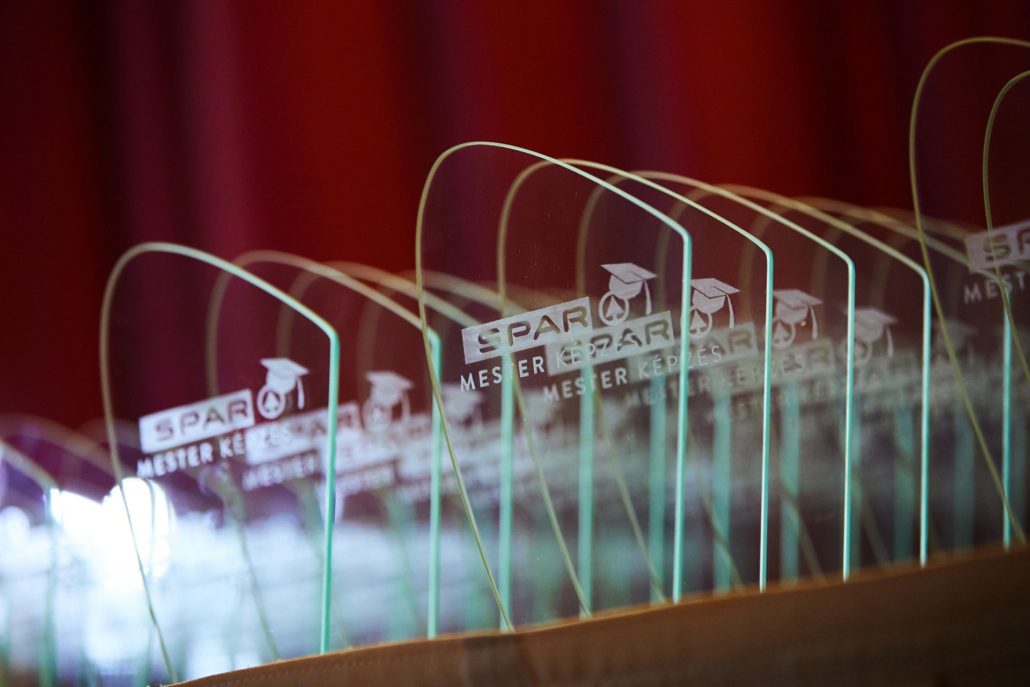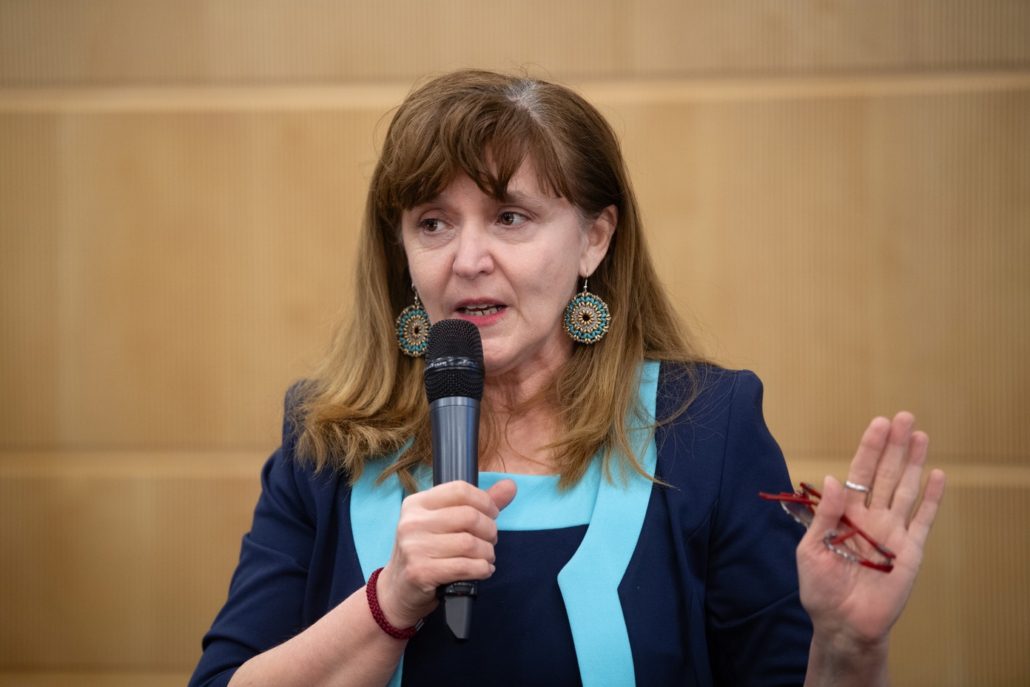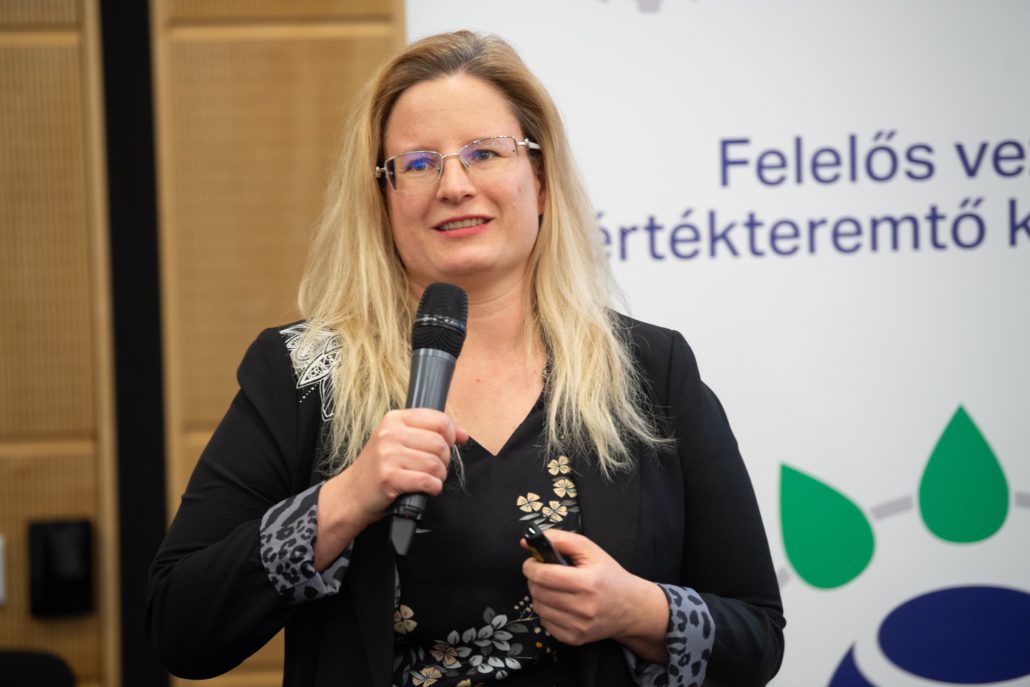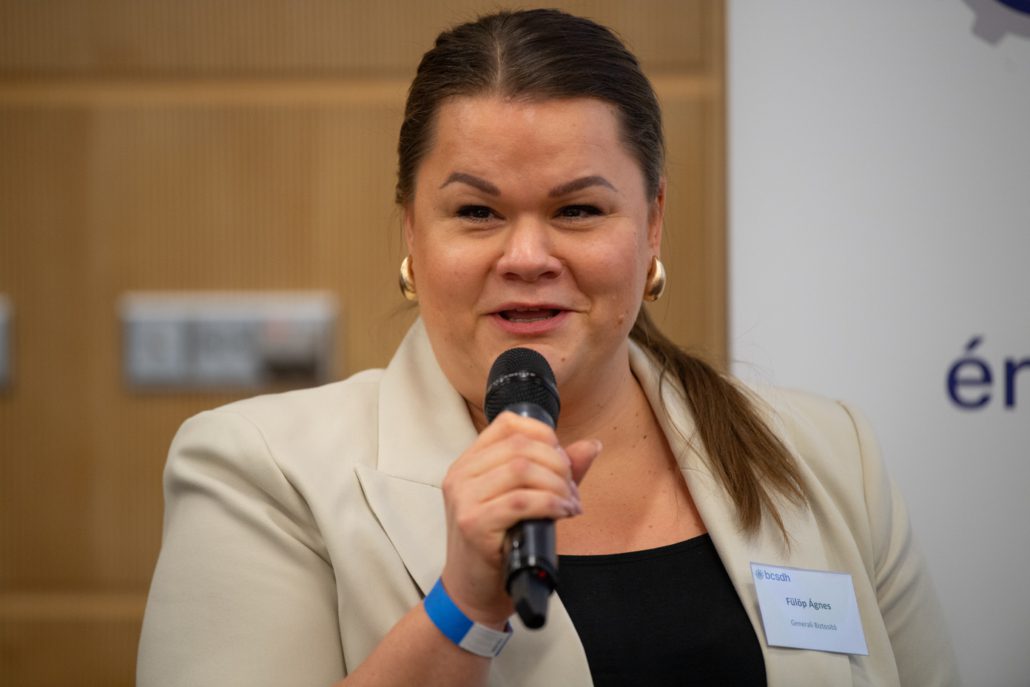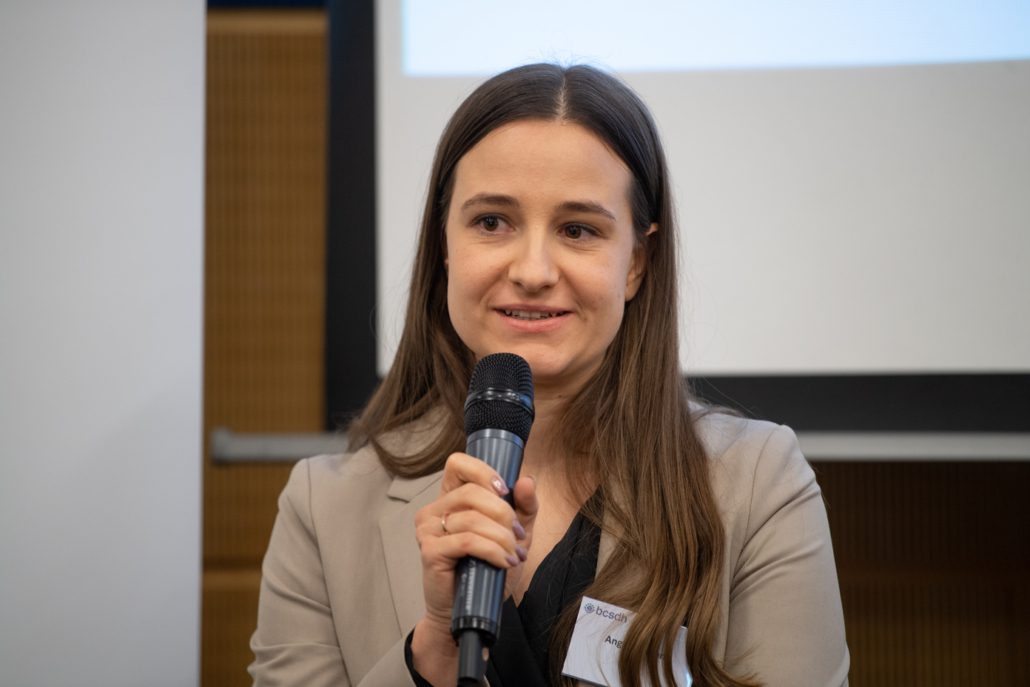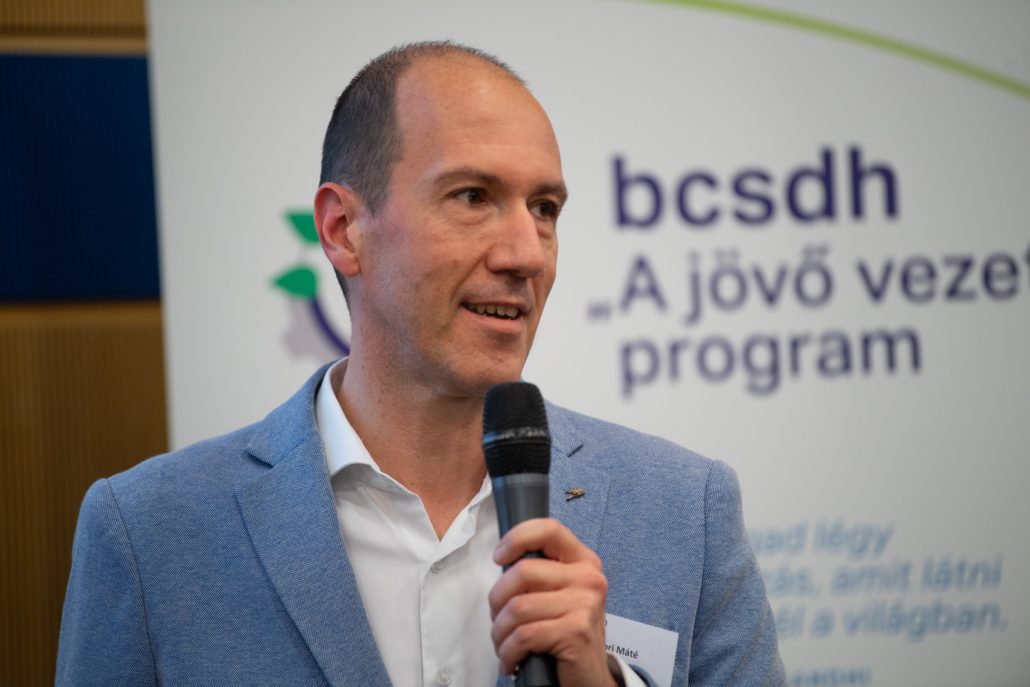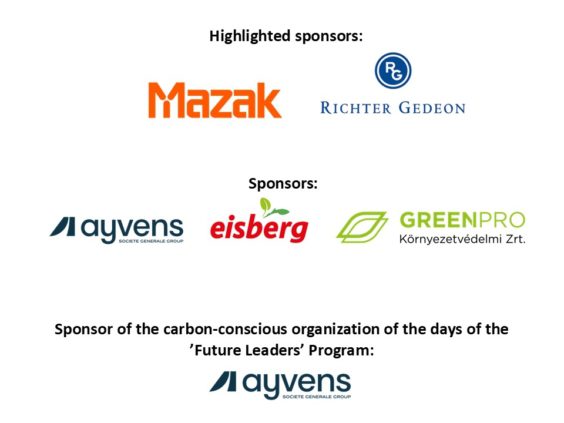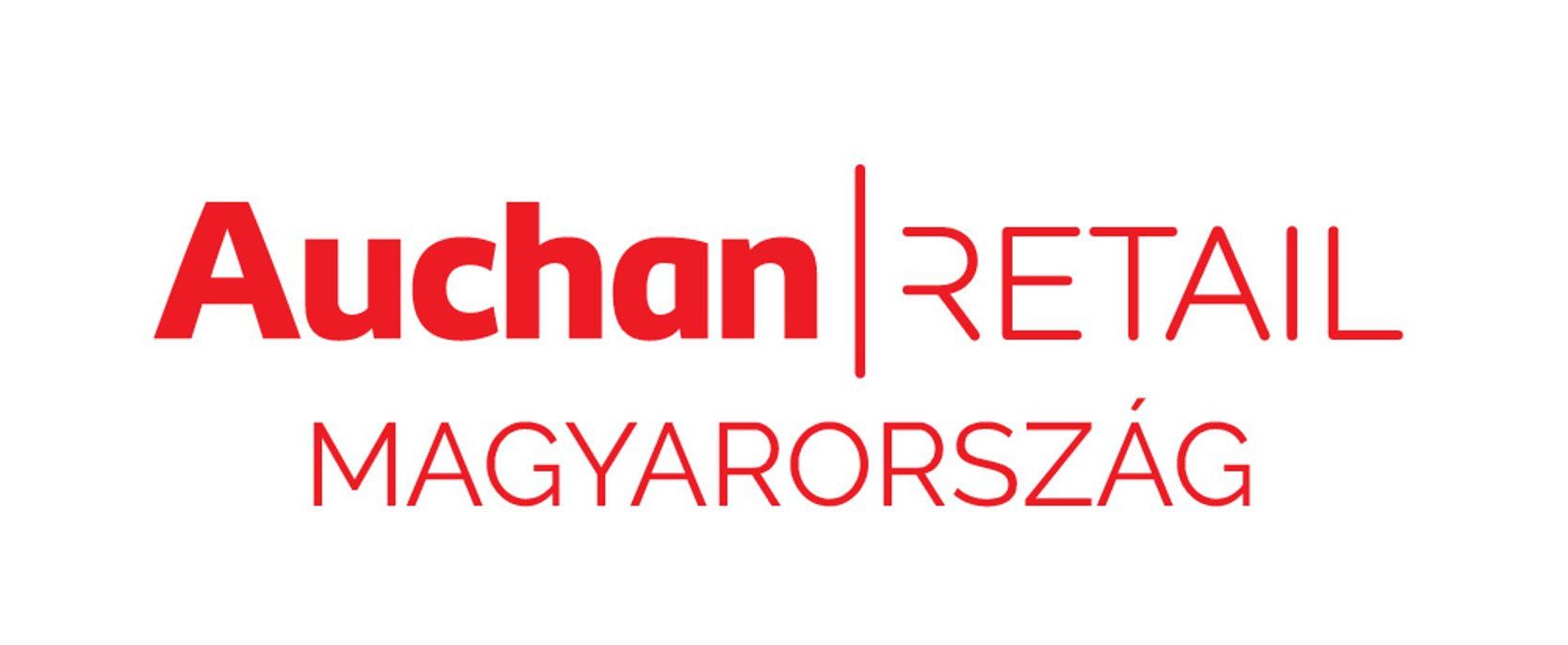The two organisations announced their joint bird protection efforts, including working together to increase nest- and utility pole safety, at a press conference near the Fényes Tanösvény in Tata.
- E.ON Hungária Group and the Duna-Ipoly National Park Directorate have signed an agreement on bird conservation.
- The energy firm, which operates the Transdanubia, Pest County and Budapest electricity grids, has pledged to develop safe and bird-friendly grids.
- E.ON is providing support to the National Park for the installation and maintenance of stork nesting installations, tagging of birds in summer, and the emergency rescue of protected birds.
- E.ON has spent HUF 1 billion on bird-friendly developments over the past two years.
E.ON Hungária Group has made the power grid near the Fényes Tanösvény in Tata safe for birds. In a meadow near this nature trail, power poles have been redesigned so that they do not pose a danger to birds flying over them. E.ON Hungária Group has also signed an agreement with the Danube-Ipoly National Park Directorate to protect bird habitat.
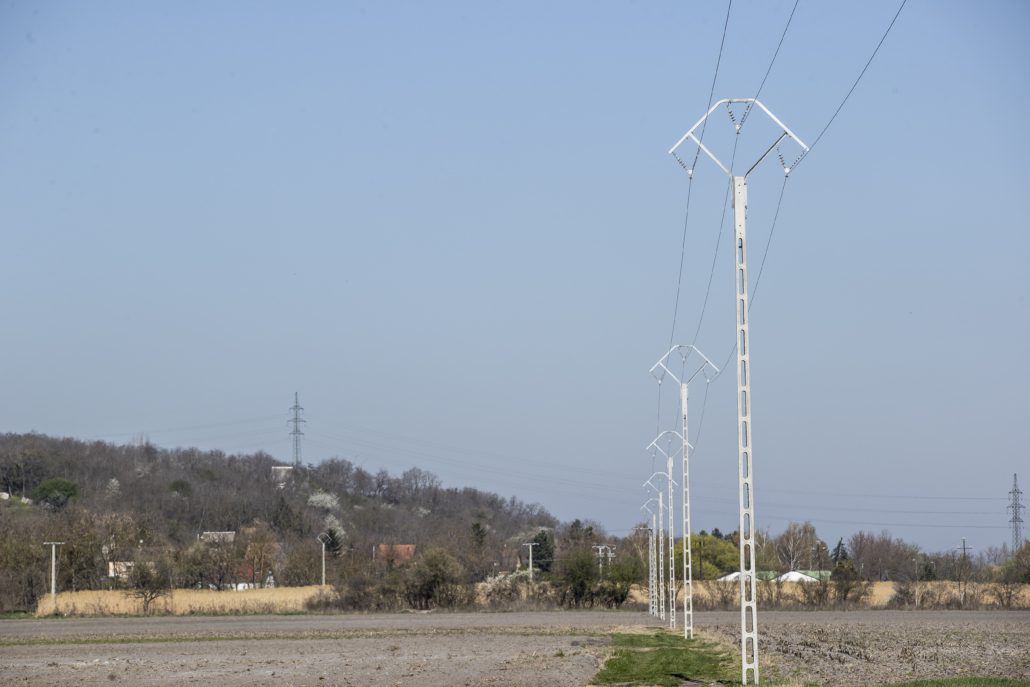
Having renewed its cooperation with the Duna-Ipoly National Park, the utility is undertaking the maintenance of stork nests it installs and maintains, managing overgrown and dangerous nests, and the installation of new nests, bird perches or bird decoys. The energy company has pledged its support, including a bucket lift truck and technicians, for tagging young storks, kestrels and falcons, and to assist in emergency situations, such as rescuing abandoned or fallen nestlings, or providing immediate intervention after a storm.
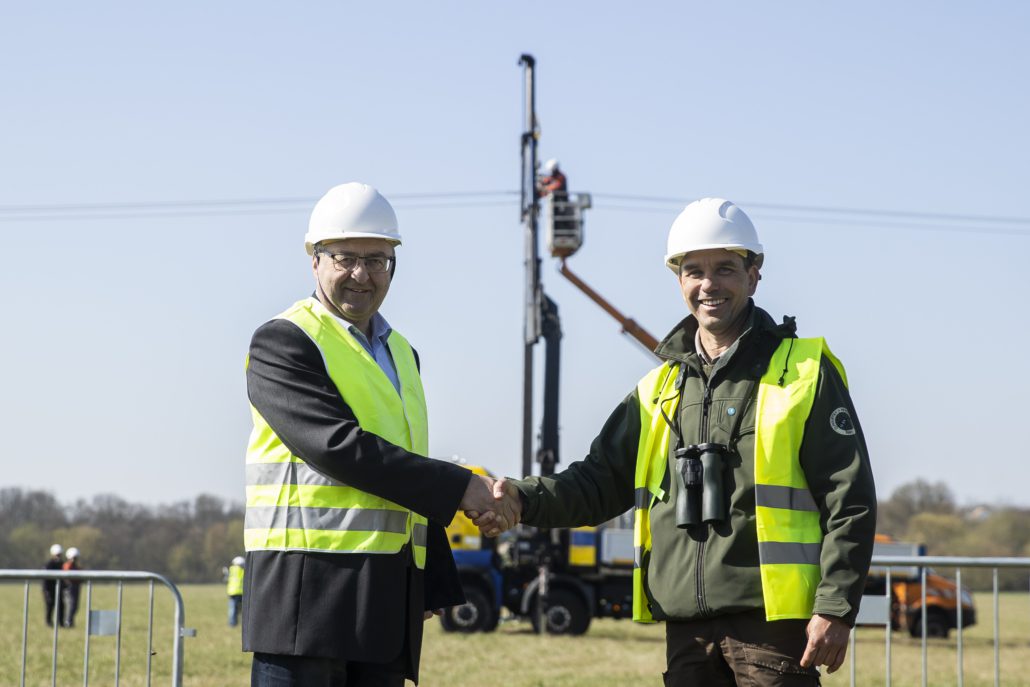
Each year, the National Park’s nature conservation officers identify points along the network where E.ON will carry out bird-friendly modifications to ensure safe habitats. Interventions involving protected species are always carried out under the professional supervision of the National Park.
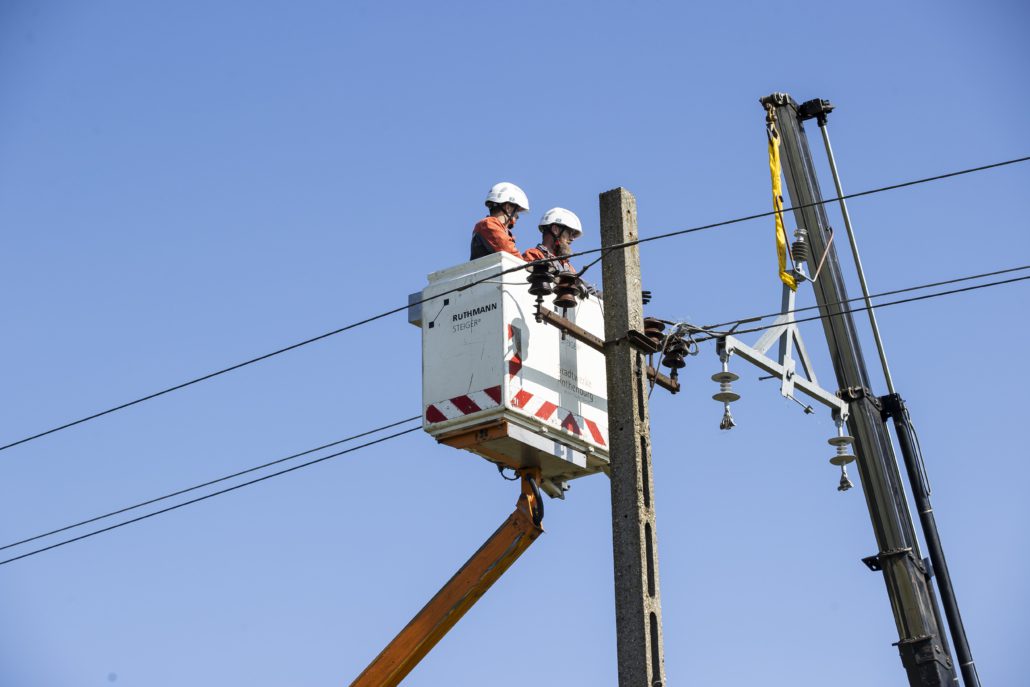
Within its jurisdiction, E.ON has installed and maintains 3200 stork nests, two-thirds of which were utilised for breeding last year. The company has so far installed more than 170 bird-of-prey nesting boxes on its high-voltage poles in the Transdanubia region, and plans to install new ones later this year. Wildlife cameras are also to be placed at some nests from spring to autumn to help experts monitor the development of the chicks and inform any necessary feeding. Moreover, E.ON will give priority to all requests for wildlife conservation assistance.
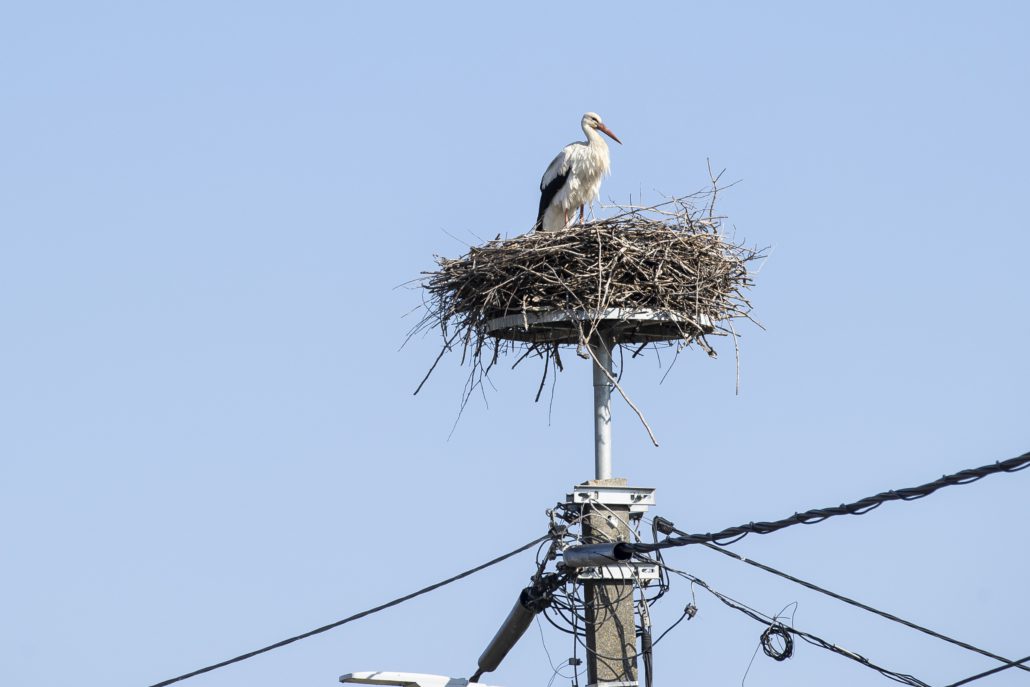
E.ON Hungária Group and the national parks located in its grid coverage area have been working together for more than two decades. Presently, E.ON is renewing its bird protection contract with those organisations. In addition to that with the Duna-Ipoly National Park, agreements with the Duna-Dráva, Balaton-Felvidék, Őrség, Kiskunság and Fertő-Hanság National Parks will also be reaffirmed.





